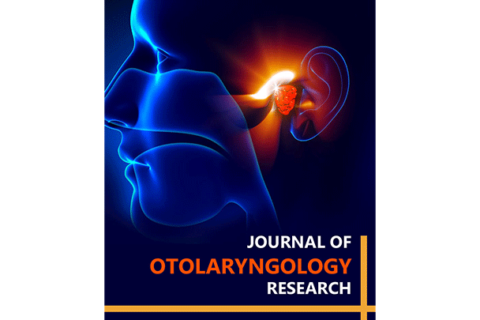
Vestibular-Cognitive Integration: A Concussion Case Study
Published on: July 13, 2017
Journal of Otolaryngology-ENT Research
Volume 6 Issue 4 – 2017
Gans RE and Kurtzer DA
Abstract
Concussion (mTBI) diagnostics and management are some of the most commonly discussed topics in the healthcare setting for children, adolescents, and adults. Currently, there is no “gold standard” for the assessment and management of concussion patients; however, research is emerging in the field. We present a case report of a 70-year-old male suffering from both cortical and labyrinthine aspects of concussion. We utilized our protocol, The American Institute of Balance – Vestibular Cognitive Integration (AIB-VCI) for assessment and management of both the cortical and labyrinthine aspects of the patient’s concussion. This was met with great success; namely, the patient was performing at his target vestibular and cognitive levels in a timely manner post-concussion. The literature is abundant with information regarding patients with similar symptoms that do not recover as rapidly, or decline in vestibular and cognitive performance (McCrory et al., 2012). This suggests that the AIB-VCI may be a useful assessment and management strategy for patients suffering from vestibular and labyrinthine concussion.